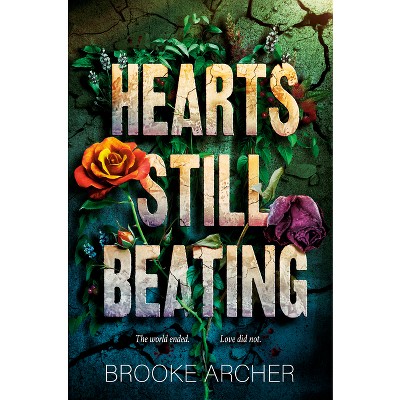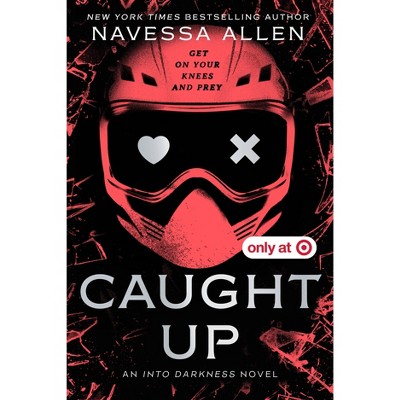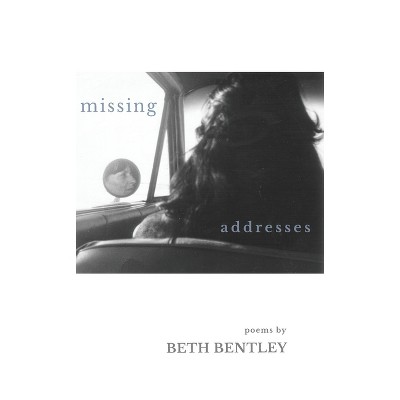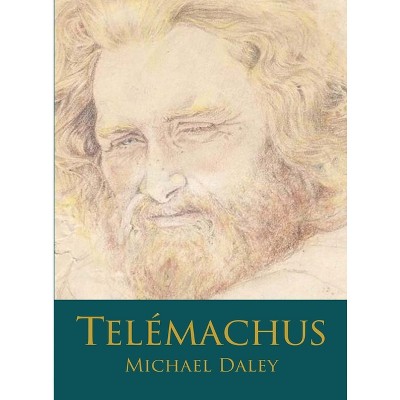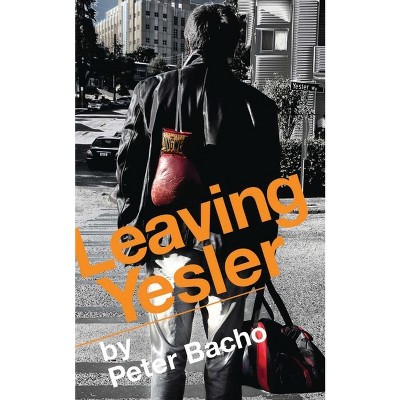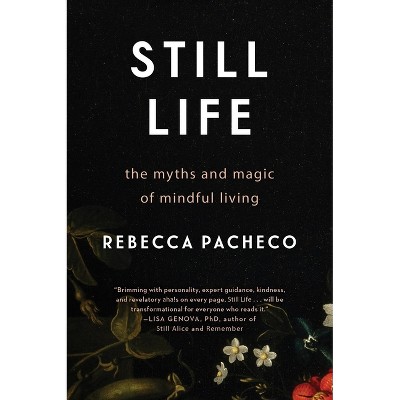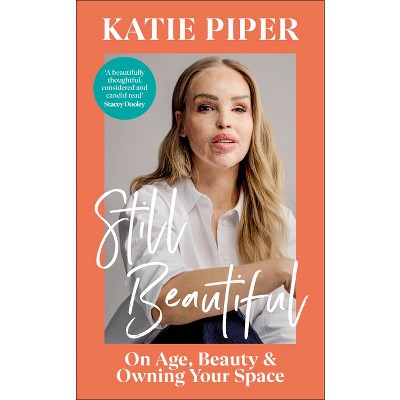About this item
Highlights
- Anne Pitkin's third book, But Still, Music spans her childhood as a privileged white child in the Jim Crow South to the period of her grown daughter's death.
- Author(s): Anne Pitkin
- 90 Pages
- Poetry, American
Description
About the Book
"There's a fearlessness in the poems of Anne Pitkin's But Still, Music. The poems span childhood, adulthood and everything in between: growing up in the Jim Crow south, marriage, divorce, the lifelong sorrow over a daughter's passing, travel to distant lands, and the quiet glory of the natural world. Nothing is off limits, and that's part of the bravery of this collection. Pitkin's poems are both emotionally charged and restrained, the notes exact as a just-tuned piano. There's evidence of musicality throughout, as in this sonorous line, "Cicadas sawed gritty fiddles," from a poem called "Ghost Stories." Pitkin's book is full of such surprises, including occasional moments of mordant humor and deeply earned revelations. Pitkin's book is just the sort of music we need, now more than ever"--Book Synopsis
Anne Pitkin's third book, But Still, Music spans her childhood as a privileged white child in the Jim Crow South to the period of her grown daughter's death. The poems visit the disquieting contradictions of a southern childhood marked by honeysuckle and lightning bugs and the racist culture that was the air she breathed. A number of poems address the loss of her daughter. Still, in the end, as she says in the final poem. ''Tide, There you've been, loves of my life./ There you've changed me, one by one.
Review Quotes
Pitkin's evocative reflections...are moments of time captured in the amber of poetic wordsmithing... "There you've been, loves of my life./There you've changed me, one by one, /all of you, in the one place, bizarre music rioting, /shells and telephones whispering." The powerful, highly recommended collection that is But Still, Music should ideally be made part of any discussion group interested in contemporary poetry reflecting place, time, and life monuments. It doesn't just narrate. It sings. -Diane Donovan, Sr. Reviewer, Midwest Book Review
These are Anne Pitkin's interrogations of Loss, her moments alone with the Whirlwind that sweeps through human lives and systematically takes all that we love and cherish away from us. With fierce intelligence, humor, grace and great skill, Pitkin offers these haunting poems as her response. -Jesse Glass, ed. Ahadada Press
There's a fearlessness in the poems of Anne Pitkin's But Still, Music. The poems span childhood, adulthood and everything in between: growing up in the Jim Crow south, marriage, divorce, the lifelong sorrow over a daughter's passing, travel to distant lands, and the quiet glory of the natural world. Nothing is off limits, and that's part of the bravery of this collection. Pitkin's poems are both emotionally charged and restrained, the notes exact as a just-tuned piano. There's evidence of musicality throughout, as in this sonorous line, "Cicadas sawed gritty fiddles," from a poem called "Ghost Stories." Pitkin's book is full of such surprises, including occasional moments of mordant humor and deeply earned revelations. Pitkin's book is just the sort of music we need, now more than ever. -Ed Harkness, The Law of the Unforeseen and Beautiful Passing Lives
But Still, Music by Anne Pitkin truly is a beautiful poetry collection. Rich in imagery, emotion, and passion, these poems are exceptionally composed. -Theresa Kadair, Seattle Book Review
Full of warnings, arguments, and reckonings, Anne Pitkin's But, Still Music attempts to move beyond a mindset "pretend[ing] all is well," whether in home, community, nation, or world. Instead, she takes us, like an adventurer, into the various landscapes of "this blessed chaos" where we find no Keatsian nightingale, only a mockingbird "arguing in many voices." "It's a long story," she admits, how we eventually come to understand the past; how, in time, we see through perspectives not our own; and how we find mercy, acceptance, perhaps even redemption, as we move farther and more truthfully "into our broken-open world." -Jeff Hardin, Watermark and A Clearing Space in the Middle of Being
Shipping details
Return details
Trending Poetry


Discover more options
